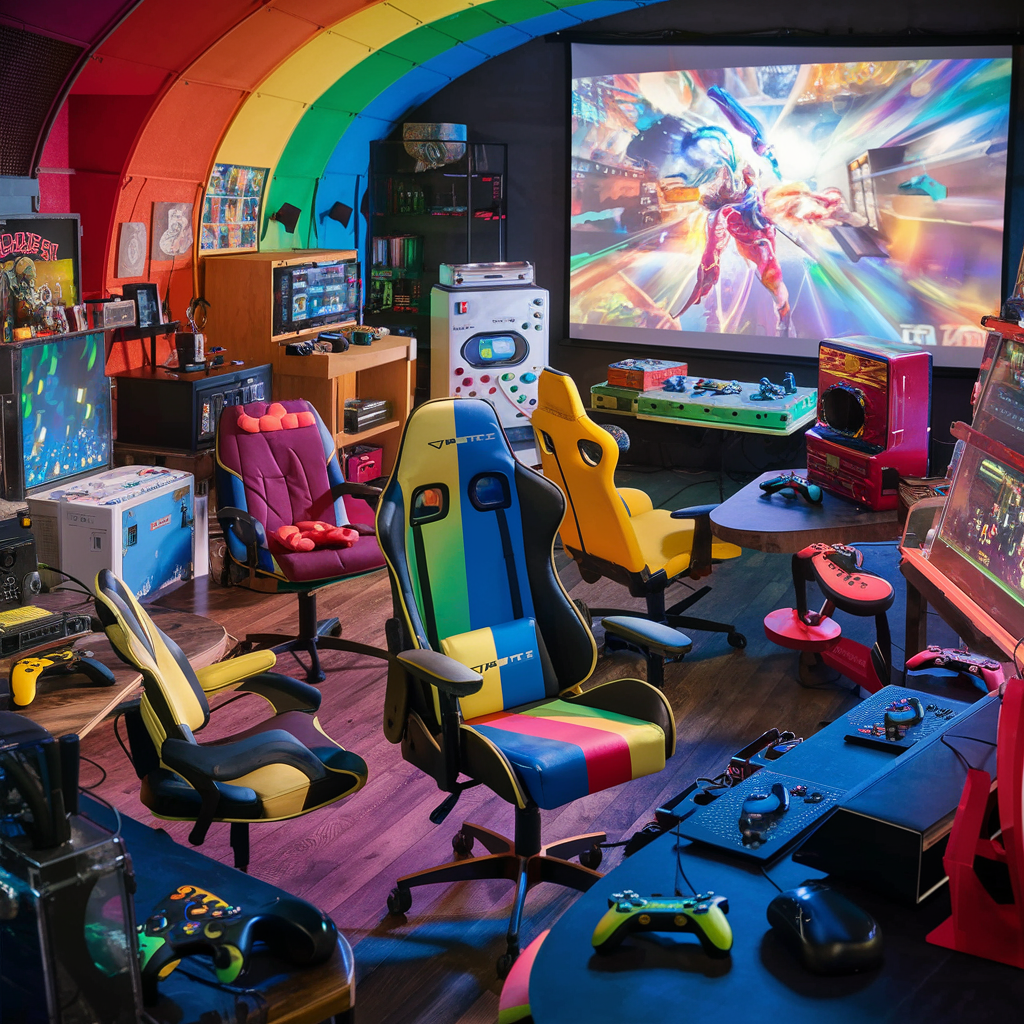

The advent of Generative Pre-trained Transformers (GPT) has revolutionized the gaming industry, enhancing game development and gameplay experiences. Let’s study a comprehensive review that synthesizes findings from 55 research articles published between 2020 and 2023, along with research from other research papers, detailing the applications, challenges, and future potentials of GPT in gaming. It highlights key areas where GPT is making significant impacts and outlines directions for future research.
Procedural Content Generation (PCG)
GPT’s application in procedural content generation marks a paradigm shift in how game content is created, offering automated processes that enhance creativity and efficiency:
- Story Generation: GPT models can generate intricate, contextually rich narratives that adapt to player decisions, creating a personalized gaming experience.
- Quest Creation: These models enhance narrative depth by generating thematic and coherent quests that integrate seamlessly with the game narrative.
- Level Design: GPT aids in crafting detailed and challenging game levels, using player data to adjust difficulty and elements within the game environment dynamically.
Mixed-Initiative Game Design (MIGD)
GPT enhances collaborative game design by integrating AI-generated content with human creativity:
- Content Development: GPT suggests innovative content that developers refine and integrate, thus enriching the gaming environment and narrative.
- Design Efficiency: The technology improves the speed and quality of game development, enabling a more iterative and responsive design process.
Enhancing Gameplay with AI
The integration of GPT into gameplay mechanics significantly enriches player interaction and immersion, making games more engaging and adaptive:
- Dynamic Interaction: GPT models respond to player actions with tailored narrative elements and gameplay mechanics, enhancing games’ storytelling.
- Adaptive Gameplay: These models adjust game dynamics based on real-time player feedback, customizing experiences to individual preferences and improving engagement.
Autonomous Game Playing
GPT’s ability to play games autonomously or alongside humans showcases its versatility:
- Strategy and Role-playing: GPT acts as a competent player or a collaborative partner in strategy games and RPGs, providing sophisticated strategic insights.
- Simulation and Training: GPT participates in simulations, offering realistic scenarios that challenge players and aid training and skill development.
Game User Research
GPT plays a crucial role in analyzing player behavior and feedback, thereby aiding developers in refining game design:
- Feedback Analysis: GPT analyzes large volumes of player data to extract patterns and preferences, offering valuable insights for game development.
- User Experience Improvement: Based on these insights, GPT helps fine-tune game mechanics and features to meet player expectations better.
Conclusion
The integration of GPT into the gaming industry marks a significant milestone. This transformative technology promises to revolutionize how games are designed, developed, and played. It has the potential to automate and enhance various aspects of game creation and player interaction, making games more immersive, personalized, and engaging.
- Innovative Content Creation: GPT’s capabilities in generating procedural content have proven to be a game-changer. By automating the creation of narratives, quests, and game levels, GPT allows developers to focus on more complex and creative aspects of game design, thereby speeding up the development process and reducing costs.
- Enhanced Player Experience: GPT’s real-time interaction capabilities significantly enhance the gameplay experience. By dynamically adjusting game elements and narratives in response to player actions, GPT ensures that each gaming session is unique & tailored to individual preferences, increasing player engagement and satisfaction.
- Strategic Gameplay Enhancement: GPT’s ability to function as a competent player or an intelligent adversary in strategy games and RPGs introduces a new level of challenge and complexity. This enhances the gameplay experience and aids in training and skill development, preparing players for competitive environments.
- Research and Development: GPT also contributes to game user research by analyzing player data to provide insights into player behaviors and preferences. This information is invaluable for game developers looking to refine their games to meet player expectations better and improve overall user experience.
Sources:
The post Innovating Game Design with GPT: A Comprehensive Scoping Review appeared first on MarkTechPost.